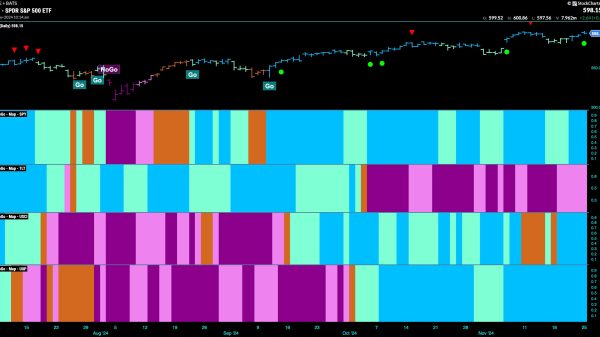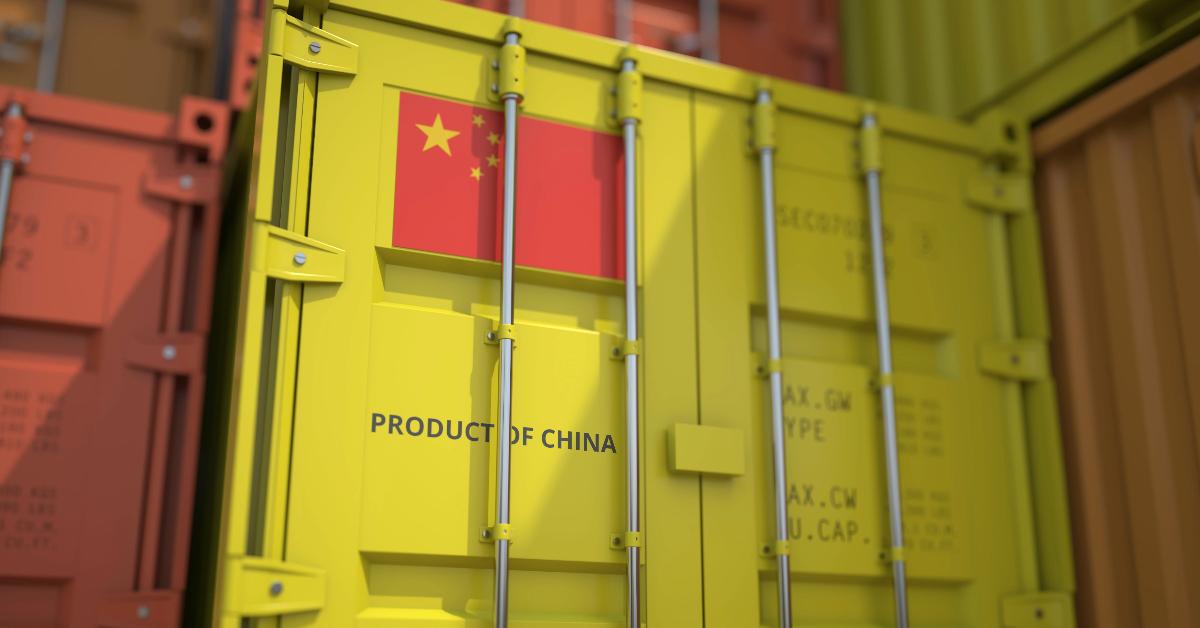Exports of raw cotton from the United States make up over one-third of the global market. After China, the world’s largest importer of cotton, entered the World Trade Organization in 2001, their share of global textile exports went from 15.3 percent to 32.4 percent in 2021. The US–China cotton trade should be flourishing and mutually beneficial, but two successive US administrations have enacted tariffs and sanctions.
US cotton farmers provided just under 45 percent of China’s total import bales in the 2017–18 marketing year. The Trump administration threatened to impose tariffs, which caused price volatility from 2017 to 2019. The US share of China’s cotton imports dropped to less than 18 percent in the 2018–19 marketing year. Global cotton market prices were also volatile due to changes in supply and demand. From 2018 to 2019, Brazil and India became more significant cotton suppliers for China, filling the void of US cotton imports.
The US imposed tariffs on Chinese goods starting in July 2018 because of concerns over China stealing US technology and intellectual property. China in turn imposed tariffs that targeted many US products and threatened tariffs on as much as 65 percent of cotton imports. Following this, the value of US cotton exports to China from 2017 to 2019 fell from $973 million to $705 million. Total cotton quantities shipped from the US to China fell from 0.56 to 0.37 million metric tons.
The Trump administration raised tariffs on cotton imports from China during trade negotiations between 2018 and 2019. The long-term effects of these tariffs on cotton prices and textile production have not receded.
In December 2020, the Department of Homeland Security issued an order to block cotton imports from a government organization in Xinjiang in response to the alleged human rights abuses against Uyghurs. All textile products from Xinjiang had to be tested to certify that they did not contain cotton. If they tested positive for cotton, then the imported product was impounded. This requirement is time-consuming and delays the sale of the product. The Chinese government’s abuse of the Uyghur people is well documented, but sanctions and tariffs on the cotton trade will not reduce this mistreatment.
In 2021, the Biden administration implemented new sanctions banning the export of most cotton grown in China to the US. The new policy was meant to address purported use of Uyghur slave labor in cotton production. This US ban applied to textile products “made in whole or in part” with Xinjiang cotton, irrespective of the nation that produces them.
Sanctions from two consecutive administrations have shifted the global supply chains for cotton, cotton fiber, and clothing, resulting in unintended consequences for US cotton farmers, cotton gins, and textile manufacturers. Chinese government sanctions and tariffs have also affected cotton trade. Sources of information with which to gauge these changes from a Chinese perspective are not reliable. The idea that US sanctions and tariffs can change the bad behavior of another sovereign nation regarding human rights ignores a recent history of sanctions that resulted in little to no change in the policies of the nations targeted by them.
























